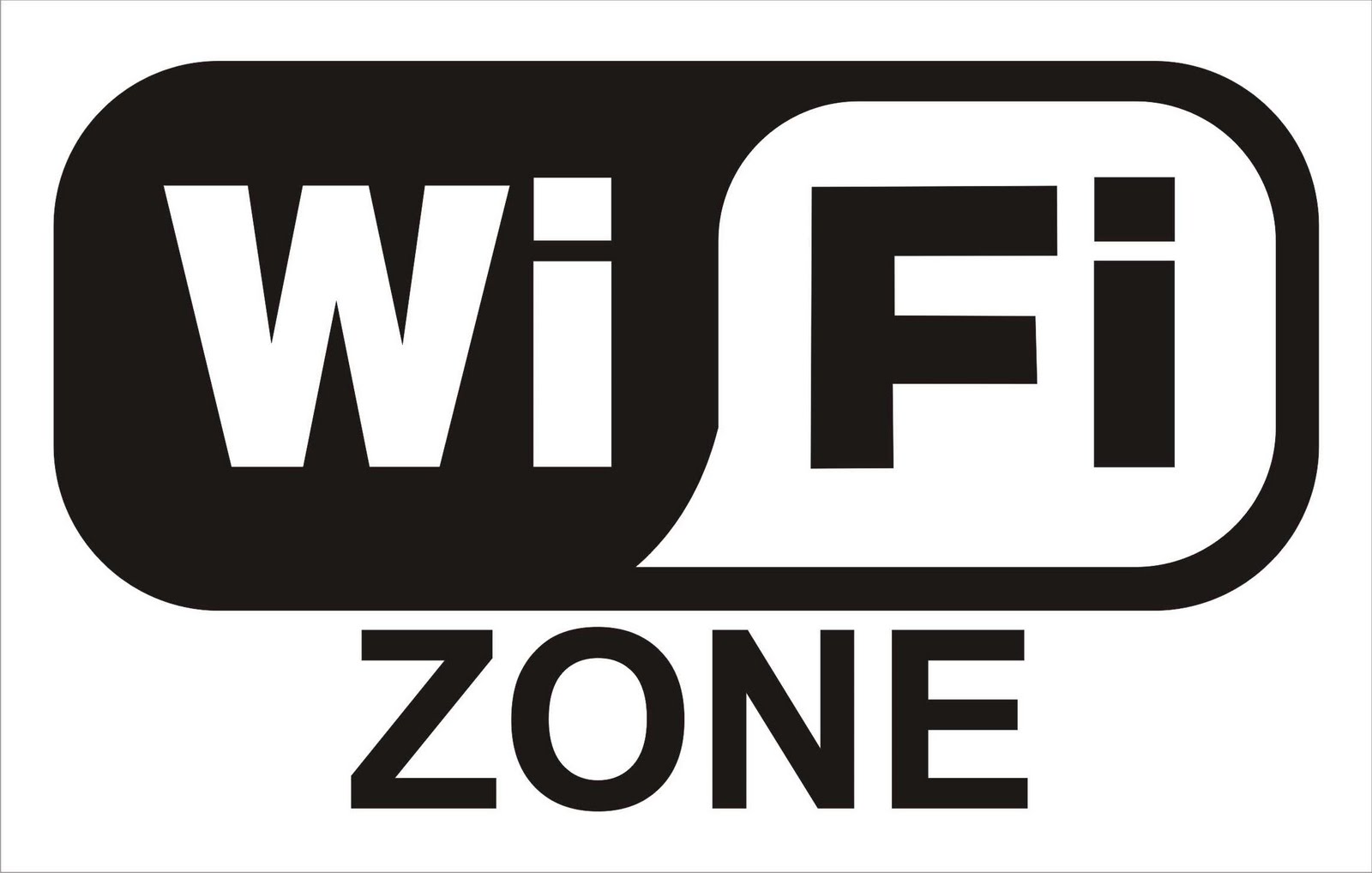U.S.-based cell carrier Sprint announced last week that a new over-the-air (OTA) update is coming soon to the Galaxy S5. While there’s no official date confirmed for its release, Sprint notes that it will happen “soon.” So, what’s included in this update? This isn’t some minor update that aims to solve a few bugs. Instead, it’s a major update that will introduce the Android 4.4.4 KitKat operating system to Galaxy S5 users on the Sprint network. The update will be sent via Sprint’s 3G/4G network, with compatible Galaxy S5 devices automatically downloading them. Once the download is complete, users will have the option to install them. Of course, it’s recommended that users confirm the installation process, as older versions of Android may be susceptible to malicious attacks, bugs, and various other problems. Surprisingly, Samsung has stood by its decision to use earlier versions of Android, even in the midst of Google releasing Android 4.4.4. This has caused some criticism and backlash among users who are eager to try the latest version of Google’s Android operating system. While HTC, Motorola, and several other big names in the smartphone industry have released Android 4.4.4 KitKat updates, Samsung has lagged behind. Some analysts…
Sprint on Wednesday confirmed the presence of an upcoming update to Galaxy S5 users on its network that will allow the use of WiFi to place and receive calls. The update, version G900PVPU1ANE5, will introduce a new “WiFi calling” feature for users of the Samsung Galaxy S5. Of course, this isn’t the first device to receive the special WiFi treatment. According to the Android Guys, Sprint has rolled the feature out across six other devices. Apparently, users respond well to WiFi calling, as Sprint is preparing to release the feature in a new software update for the Samsung Galaxy S5. So, just what in the heck is WiFi calling? It’s exactly what it sounds like: a feature that allows users to make phone calls or send text messages using their wireless network. Normally, phone calls and text messages are sent over the cell carrier’s 3G or 4G network, which of course requires minutes. If a user has a cell service plan that limits their minutes, he or she may not be able to place phone calls without incurring additional charges. WiFi calling is the solution to this problem, as it allows users to place phone calls and send text messages…


